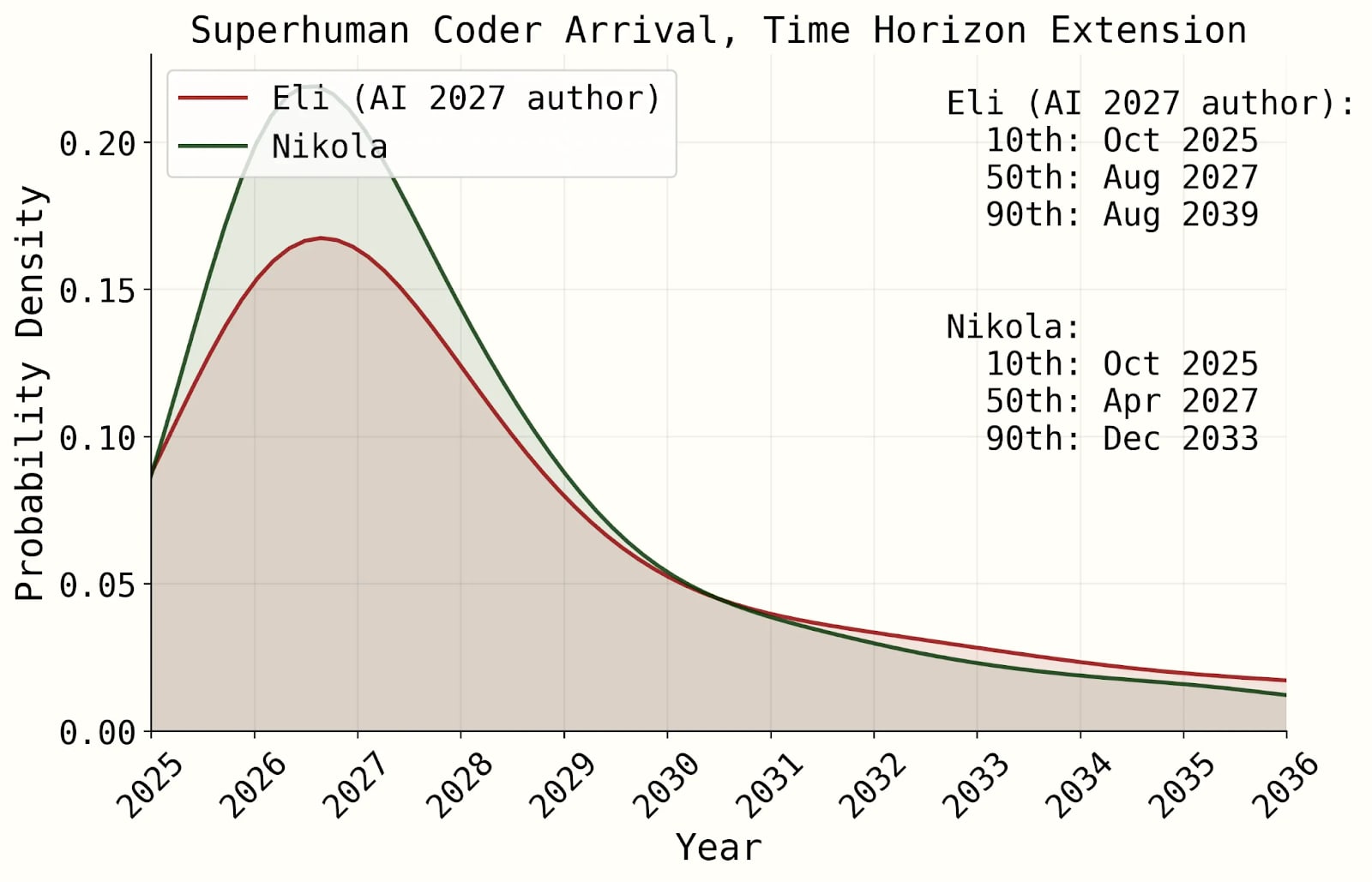Note: This post was crossposted from the Open Philanthropy Farm Animal Welfare Research Newsletter by the Forum team, with the author's permission. The author may not see or respond to comments on this post.
----------------------------------------
> Despite setbacks, battery cages are on the retreat
My colleague Emma Buckland contributed (excellent) research to this piece. All opinions and errors are mine alone.
It’s deadline time. Over the last decade, many of the world’s largest food companies — from McDonald’s to Walmart — pledged to stop sourcing eggs from caged hens in at least their biggest markets. All in, over 2,700 companies globally have now pledged to go cage-free.
Good things take time, and companies insisted they needed a lot of it to transition their egg supply chains — most set 2025 deadlines to do so. Over the years, companies reassured anxious advocates that their transitions were on track. But now, with just seven months left, it turns out that many are not.
Walmart backtracked first, blaming both its customers and suppliers, who “have not kept pace with our aspiration to transition to a full cage-free egg supply chain.” Kroger soon followed suit. Others, like Target, waited until the last minute, when they could blame bird flu and high egg prices for their backtracks.
Then there are those who have just gone quiet. Some, like Subway and Best Western, still insist they’ll be 100% cage-free by year’s end, but haven’t shared updates on their progress in years. Others, like Albertsons and Marriott, are sharing their progress, but have quietly removed their pledges to reach 100% cage-free.
Opportunistic politicians are now getting in on the act. Nevada’s Republican governor recently delayed his state’s impending ban on caged eggs by 120 days. Arizona’s Democratic governor then did one better by delaying her state’s ban by seven years. US Secretary of Agriculture Brooke Rollins is trying to outdo them all by pushing Congress to wipe out all stat


